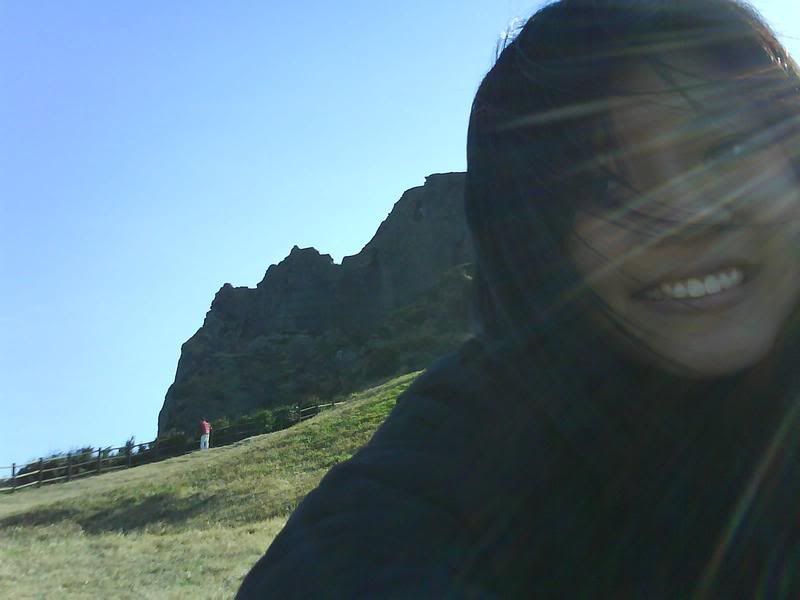
'Second Life' involves real relationships; it provides many opportunities and a comfortable environment for residents to befriend one another and widen our social circle in real life. Spending less than a week on 'Second Life' was enough for me to see how easy it is to talk to and bond with strangers, whom I will probably never initiate a talk with in my "first" life, in 'Second Life'. In a place called Orientation Island on 'Second Life', where new residents gather to learn the rules of living in this virtual world, I engaged in a lively conversation with a humourous female French, who kept me laughing in front of my screen throughout the converation. Another time, when I had no idea where to go next on 'Second Life', an American guy very kindly brought me along on a teleporting trip and showed me around, which I was very thankful for. Our avatars are unreal, the setting is unreal, but the bonds created among us residents through this fantasy world is real; 'Second Life' "enables real intimacy." (Hernandez, 2006)
'Second Life' is not a game, also because it provides real business opportunities. Anshe Chung, the avatar created by a Chinese-born language teacher living near Frankfurt, Germany, was the first resident of 'Second Life' to grace the cover of Business Week as she earned her creator big bucks (in real life, mind you) by investing on virtual land in 'Second Life'. In this virtual world, residents are allowed to create and sell their creations to other residents for real money. Mead, the creator of many different animations for couples in 'Second Life', is earning $1,900 every month just by selling these animations to residents to embed into their virtual lands (Business Week, 2006). As Business Week puts it, "participants launch Second Life's software on their personal computers, log in, and then use their mice and keyboards to roam endless landscapes and cityscapes, chat with friends, create virtual homes on plots of imaginary land, and conduct real business." (Business Week, 2006) Making available such lucrative busines opportunities, which provides residents the opportunities to have a good (real) life, it barely justifies to casually lump 'Second Life' in the same category as Tetris and Solitaire.
With real emotions, real currency and the strong human connectedness involve, 'Second Life' is anything but a trivial game. Those who insist on seeing it as one are only foolishly turning away from the abundant opportunities that 'Second Life' can offer them.
References:
Business Week Online. (2006). My Virtual Life. Retrieved 07 April, 2007, from BusinessWeek.com: http://www.businessweek.com/magazine/content/06_18/b3982001.htm
Hernandez, M. (2006). Virtual Relationships in 'Second Life'. Retrieved 07 April, 2007, from abc7.com: http://abclocal.go.com/kabc/story?section=seenon&id=4748360
Kalning, K. (2007). If Second Life isn't a game, what is it? Retrieved 07 April, 2007, from MSNBC.com: http://www.msnbc.msn.com/id/17538999/
Levy (2006). "World of Warcraft: Is It a Game?" Retrieved April 3rd 2007 from http://www.msnbc.msn.com/id/14757769/site/newsweek/page/3/print/1/displaymode/1098/
Long, K. (2006). Second Life: Not a Game, but a Co-Creative Business. Retrieved 07 April, 2007, from http://www.mpdailyfix.com/2006/06/its_not_a_game_secondlife_the.html
Terdiman, D. (2005). Wells Fargo lauches game inside 'Second Life'. Retrieved 07 April, 2007, from CNET news. com: http://news.com.com/Wells+Fargo+launches+game+inside+Second+Life/2100-1043_3-5868030.html
















